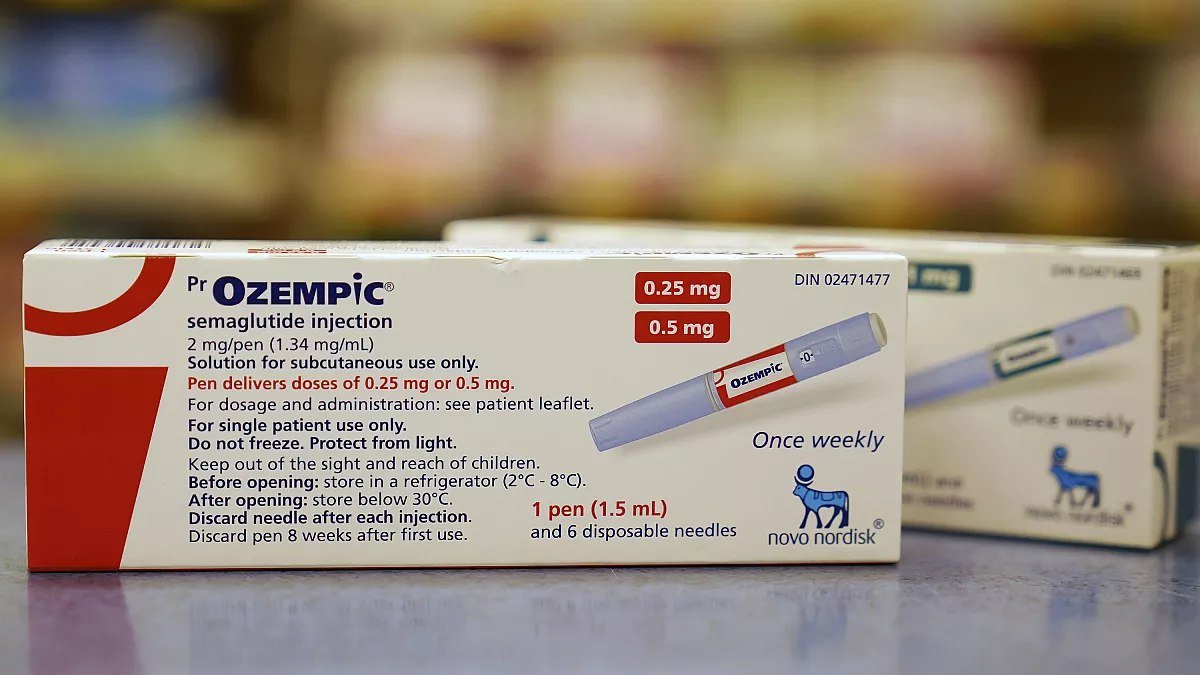When it comes to weight loss, many people struggle with traditional methods like diet and exercise alone. As a result, the rise of weight loss injections has attracted significant attention, offering an additional solution for those seeking faster and more sustainable results. These injections, designed to boost metabolism, reduce appetite, and improve fat burning, are gaining popularity—especially as celebrities and influencers share their success stories.
In this article, we’ll explore the best injections for weight loss, the science behind them, and what you need to know before considering them as part of your weight loss journey.

What Are Weight Loss Injections?
Weight loss injections are medical treatments that typically involve administering specific medications or hormones via injection to aid in reducing body fat and controlling appetite. These injections are often part of a broader weight management plan and are typically prescribed to people who struggle with significant weight loss despite diet and exercise.
The most popular weight loss injections work by:
- Suppressing appetite
- Controlling blood sugar levels
- Boosting metabolism
- Promoting fat loss
Now, let’s take a closer look at the top options currently available for weight loss injections.
1. Ozempic (Semaglutide)
Ozempic has taken the weight loss world by storm, becoming a go-to injection for those looking to shed pounds. Originally developed to manage type 2 diabetes, Ozempic contains semaglutide, a compound that helps regulate insulin and control appetite. The drug works by mimicking the action of a hormone called GLP-1, which curbs hunger and promotes feelings of fullness.
Ozempic has been shown to help users lose a significant amount of weight, with clinical studies revealing an average weight loss of 5-10% of body weight over several months. Some users have even reported losing up to 20 pounds in just a few months of use.
Pros:
- Effective at controlling appetite and reducing calorie intake
- Promotes gradual, sustainable weight loss
- FDA-approved for diabetes but widely used off-label for weight loss
Cons:
- Side effects include nausea, diarrhea, and fatigue
- May cause gastrointestinal discomfort
2. Wegovy (Semaglutide) – High-Dose Ozempic
Wegovy is essentially a higher-dose version of Ozempic and was specifically approved by the FDA for weight loss in people with obesity. Like Ozempic, it contains semaglutide, and works by reducing appetite and slowing down digestion, making you feel full for longer periods.
In clinical trials, patients taking Wegovy lost an average of 15% of their body weight over the course of a year, making it one of the most effective injectable treatments for weight loss currently available.
Pros:
- High success rates for weight loss
- Approved by the FDA specifically for obesity treatment
- Suitable for people with a higher BMI
Cons:
- Higher doses can intensify side effects such as nausea and vomiting
- Expensive, and not always covered by insurance
3. Saxenda (Liraglutide)
Saxenda is another FDA-approved injectable treatment specifically designed for weight loss. Like Ozempic and Wegovy, it works by mimicking the GLP-1 hormone, which helps control appetite and regulate blood sugar levels. Saxenda is administered once a day and can be a powerful tool for those looking to manage their weight when combined with a low-calorie diet and exercise.
Clinical trials have shown that users of Saxenda can lose up to 5-10% of their body weight over the course of a year, similar to Ozempic.
Pros:
- Proven effectiveness for long-term weight loss
- FDA-approved for weight management in people with obesity or overweight
- Helps regulate blood sugar levels
Cons:
- Daily injections may be inconvenient for some users
- Possible side effects include nausea, vomiting, and low blood sugar
4. Lipotropic Injections
Lipotropic injections are a popular, non-prescription option that consists of a mixture of vitamins, amino acids, and other nutrients designed to boost metabolism and promote fat burning. These injections often include B12, methionine, inositol, and choline—all of which help enhance the body’s ability to break down and remove fat.
Unlike Ozempic or Saxenda, lipotropic injections are not FDA-approved for weight loss, but they are widely available in weight loss clinics and often used in combination with a strict diet and exercise plan. Many users report feeling more energized and losing weight faster when using lipotropic injections.
Pros:
- May increase metabolism and energy levels
- Promotes fat burning, especially in combination with exercise
- Available at many weight loss clinics without a prescription
Cons:
- Not FDA-approved for weight loss
- Effects vary, and it may not work as effectively as prescription medications
5. HCG (Human Chorionic Gonadotropin) Injections
HCG injections have been around for years, marketed as a weight loss solution when combined with a very low-calorie diet (typically 500-800 calories per day). HCG is a hormone naturally produced during pregnancy, but when used for weight loss, it’s believed to help mobilize fat and promote weight loss.
While some users claim success with HCG injections, the treatment is controversial, and many experts question its effectiveness. The FDA has not approved HCG injections for weight loss, and the extremely low-calorie diet associated with its use can be dangerous without proper supervision.
Pros:
- Promotes rapid weight loss when combined with a low-calorie diet
Cons:
- Controversial, with limited scientific support for its efficacy
- FDA warns against using HCG for weight loss due to health risks

FAQs
1. Which weight loss injection is the most effective?
Wegovy (high-dose semaglutide) is currently considered one of the most effective weight loss injections, with clinical trials showing an average weight loss of 15% over a year. However, Ozempic and Saxenda are also highly effective and may be more suitable for some individuals depending on their health needs.
2. Are weight loss injections safe?
FDA-approved weight loss injections like Ozempic, Wegovy, and Saxenda are generally considered safe when prescribed by a healthcare provider. However, all medications come with potential side effects, such as nausea, diarrhea, and gastrointestinal discomfort, and should be used under medical supervision.
3. How much weight can you lose with Ozempic?
Users of Ozempic can expect to lose about 5-10% of their body weight over several months, though results may vary depending on the individual’s diet, exercise, and dosage.
4. What are the side effects of weight loss injections?
Common side effects of weight loss injections like Ozempic and Wegovy include nausea, vomiting, diarrhea, and fatigue. Lipotropic injections may cause mild discomfort at the injection site but generally have fewer systemic side effects.
5. Can I use lipotropic injections for weight loss?
Lipotropic injections can help boost metabolism and fat burning, but they are not FDA-approved for weight loss. They are often used as part of a broader weight management program that includes diet and exercise.
Conclusion
Weight loss injections offer a promising solution for individuals struggling to lose weight through traditional methods alone. From prescription medications like Ozempic, Wegovy, and Saxenda to non-prescription options like lipotropic injections, there are multiple choices depending on your health goals and needs.
However, it’s crucial to consult with a healthcare professional before starting any weight loss injection treatment, as each option comes with potential risks and side effects. When used under proper medical supervision, these injections can be a valuable tool in your weight loss journey.
Leave a Reply
You must be logged in to post a comment.